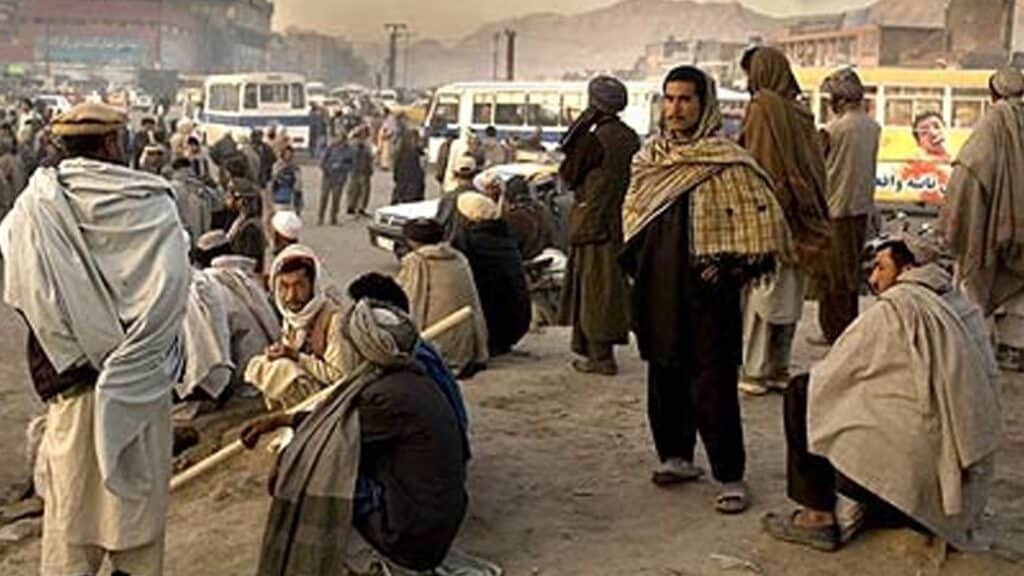As Afghanistan grapples with a growing humanitarian crisis triggered by the forced return of over half a million migrants from Iran in recent weeks, many Afghans remain adamant that they do not wish to return to their homeland—a country they no longer recognize as safe or promising.
Afghanistan has increasingly become a breeding ground for militant groups who now enjoy safe havens under the Taliban regime. The lack of security, coupled with economic collapse and systemic suppression of civil liberties, has left returning Afghans feeling trapped and hopeless.
The situation is especially dire for women and girls. The Taliban’s continued ban on female education and employment has worsened public morale and sent a clear message to the world: there is no place for half of the population in Afghanistan’s future. This gender apartheid has further discouraged exiled Afghans from coming back or reinvesting in their homeland.
“Why would I return to a country where my daughters can’t go to school, and my sons have no jobs?” asked a former refugee now residing in Turkey.
Despite limited efforts by Afghan authorities and regional charities to provide food and shelter for returnees, the broader conditions remain bleak. International organizations warn that without major policy reforms and security improvements, Afghanistan will continue to lose its people—and its future.
In the words of a Kabul-based analyst: “This isn’t just a refugee crisis. It’s a collapse of hope.”





